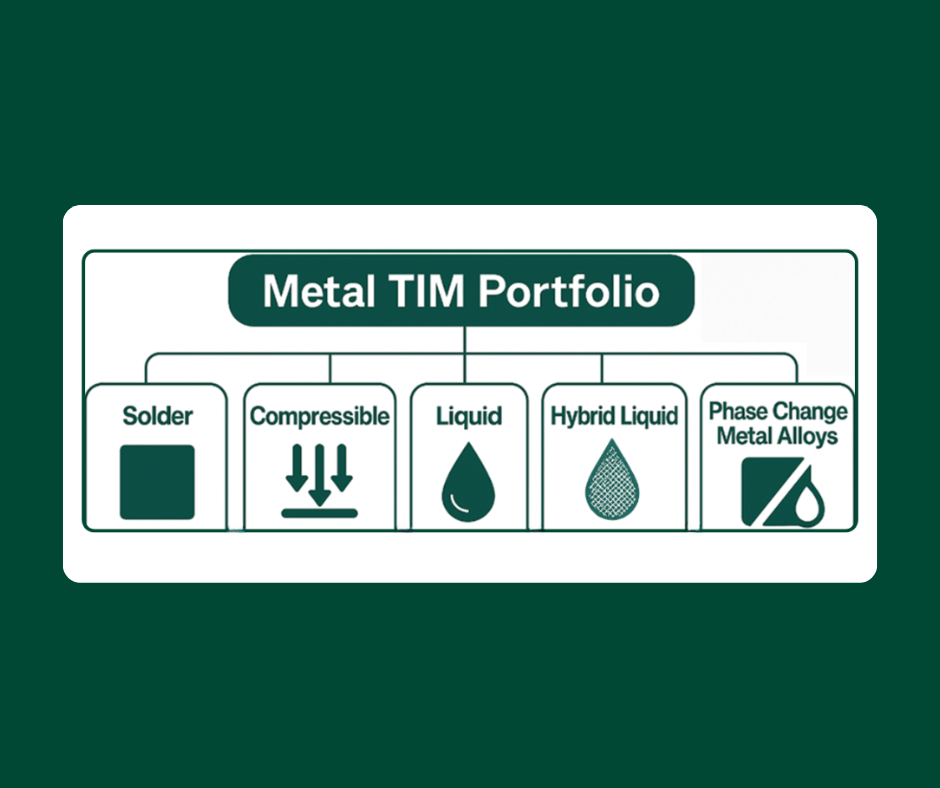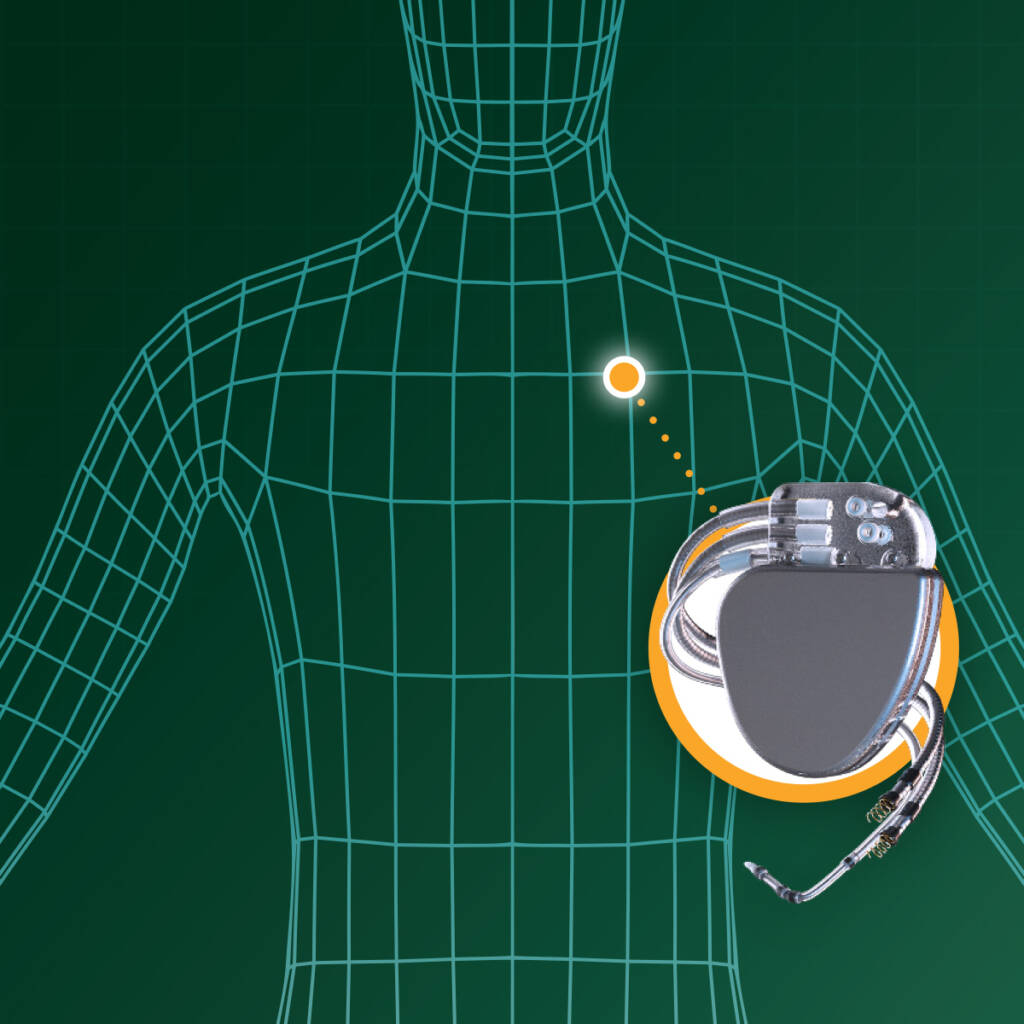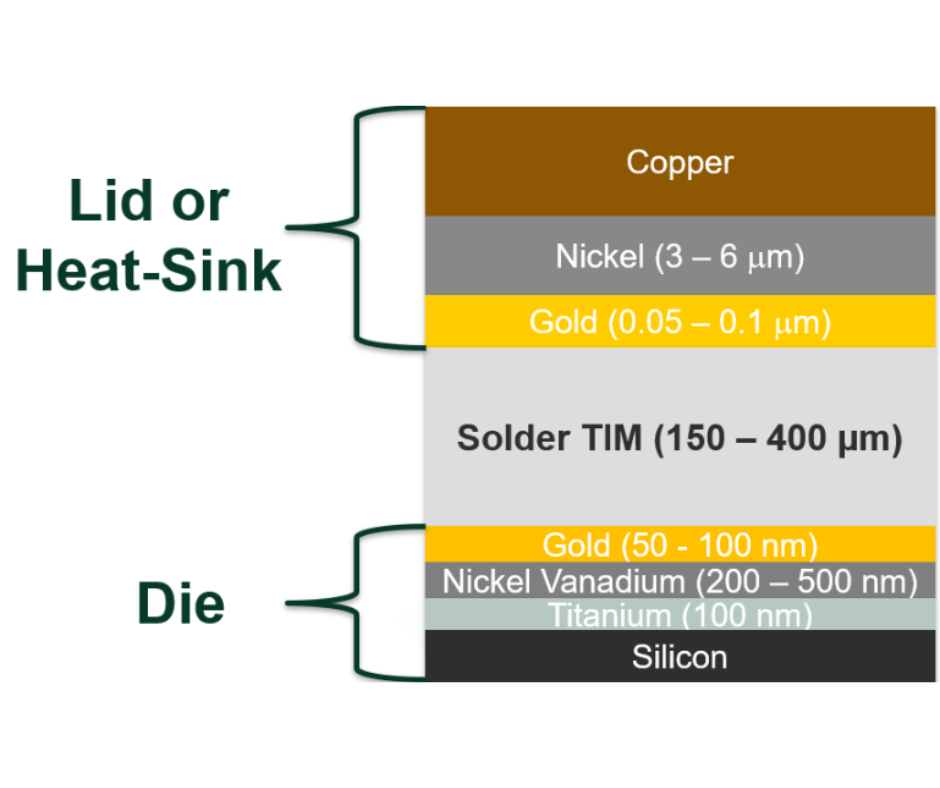Folks,
As with many inventors, Professor Mas Subramanian wasn’t looking for a new blue pigment when he created YInMn (pronounced yin min.) He was looking for new electronic materials called multiferroics. But when Subramanian’s post-doctoral student, Andrew Smith, mixed yttrium, indium oxide and manganese powders together and placed them in a furnace at 2200°F, a strikingly strong blue pigment resulted.
For those of us that are not familiar with the world of pigments, it may come as a surprise that YInMn is the first new blue pigment in 200 years. A successful pigment must be stable and nontoxic. These two characteristics being harder to obtain than most would think. It has taken nine years of toxicity and stability testing for YInMm to come to market.
Subramanian has developed green, orange, and violet pigments by modifying the YInMn compound with other metals, but red remains elusive. I was surprised that red is the holy grail of pigments. Many red pigments that are stable, are toxic, containing arsenic, cadmium, or mercury. Iron oxide is safe and stable, but its orange/red hue (think rust) is not attractive to most people. Other safe red compounds are organic and tend to be unstable in sunlight….they fade.
Let’s hope that Professor Subramanian is successful in finding a red pigment based on YInMn. It will be another winning application using indium,maybe even approaching the success ofindium-tin oxide ITO .
If you are interested in more detail on Professor Subramanian's work , see Business Week’s recent article on this topic.
Cheers,
Dr. Ron



